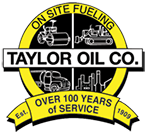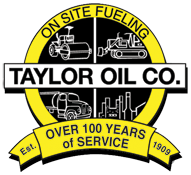Marine Fuel and Oil Spills: What to Do
Marine Fuel and Oil Spills: What to Do - Oil spills endanger public health, poison the drinking water, devastate natural resources, and disrupt the economy. But as we have become more dependent upon oil-based products, the risk for spills goes up. Oil and fuel from boats contain toxic components that come with harmful physical effects and can pose threats to public health and the environment, says the EPA. As a boater of any kind, fuel spills are likely always on your mind. If you spill fuel or oil into the water, what steps would you take to mitigate the situation? Here are some helpful tips if this happens to you. #1: Identify the cause and source of the spill. If you can, stop it at the source immediately. #2: Notify the marina or fuel dock right away because they may have oil absorbent pads and booms to contain any spills that may occur. Dispose of used absorbent materials properly as hazardous waste. #3: If the spill produces a sheen on the water, notify the U.S. Coast Guard National Response Center at 1-800-424-8802. Give them the following information: Location of the incident Cause or source of the spill Type and amount [...]


